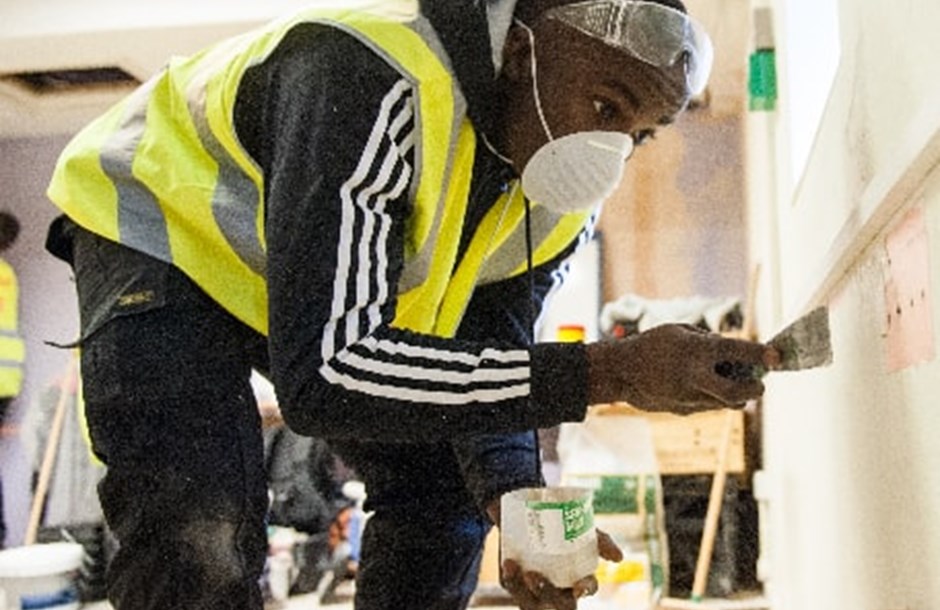England
Apply for apprenticeships in England
You've probably heard of trades such as carpentry or bricklaying, but there are many other roles that you may not have considered. Take a look below at a range of roles available in the industry:
Talentview is the place for people to find construction apprenticeships in England. For those living in Scotland go to the Apprenticeship Scots website. Individuals in Wales should go to the Careers Wales government site.
You can search for an apprenticeship on these sites using the below form:
You will be taken to one of the below three websites to see available apprenticeships in your country for your search term.
As an apprentice, you’ll earn while you learn, so you can gain an industry-specific qualification without needing a student loan. You’ll be employed full-time (usually between 30-40 hours per week), which includes time spent with your training provider. Apprentices receive a wage and, depending on individual circumstances, may be entitled to some benefits, too.
The current minimum wage for apprentices is £6.40 an hour, as set by the Government. This applies if the apprentice is under the age of 18, or if they are in the first year of the apprenticeship, regardless of age.
It's a good question! There are benefits to completing a degree or an apprenticeship. Employers hold both routes in high regard.
Construction-related university courses often focus on theoretical study, but many include practical experience in the form of a year in industry. If you complete a higher or degree level apprenticeship, your qualification will be equivalent to an undergraduate or masters degree, but you’ll have gained much more hands-on experience.
In order to become a construction apprentice, you’ll need to find an employer who can provide on-the-job training. This could be a small or large business, a local firm, a family member or a self-employed person.
If you haven’t got an employer yet, don’t worry. There are lots of ways to find someone who wants to hire you as an apprentice:
When speaking to employers, let them know that, depending on their circumstances, they could receive up to £14,000 in grants from the government or Construction Industry Training Board (CITB) for taking you on. This will help them to meet the costs of employing you.
Funding is also available via the Apprenticeship Levy or through certain government incentives. This will help them to meet the costs of employing you.
Once you’ve completed your construction apprenticeship, you’ll be awarded an industry-specific qualification.
Your employer may offer you a full-time job (on their wage structure) or you could discuss the possibility of progressing onto a higher level apprenticeship with them. Of course, you may choose to look elsewhere for work and gain experience with another employer.
If the company you completed your first apprenticeship with is unable to provide you with the correct work experience for a higher level qualification, you may need to look elsewhere to continue your training.
